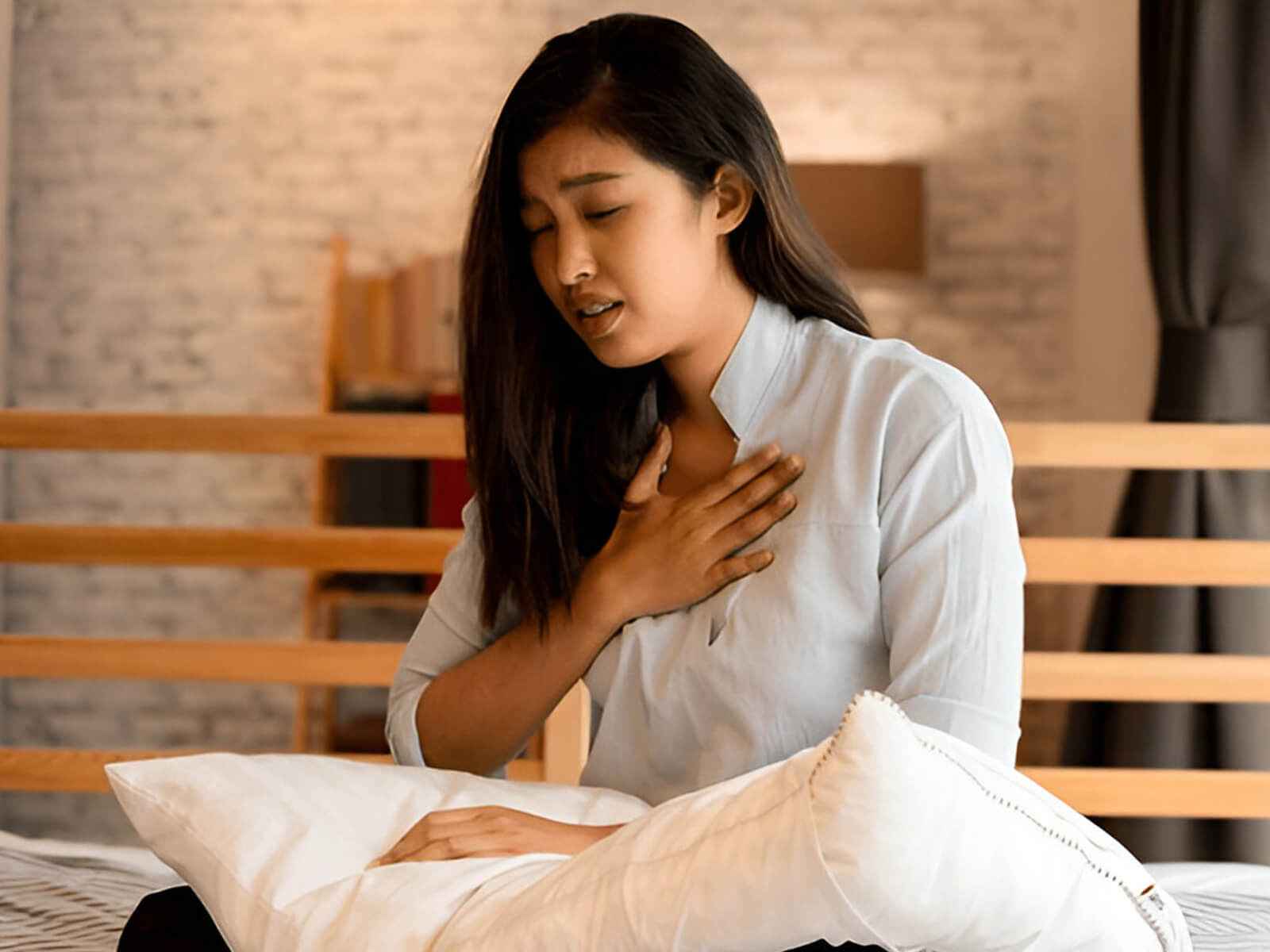
Herpes simplex virus (HSV) is a widespread viral infection caused by two types. HSV-1 most often leads to cold sores around the mouth, while HSV-2 typically produces genital sores or blisters. After the initial infection, the virus remains dormant in nerve cells and can reactivate later, causing recurrent outbreaks.
Not everyone with HSV will notice symptoms. When they do appear, they may include:
HSV is most often transmitted through direct contact with an active lesion or viral shedding:
At GastroDoxs, our Cypress team combines viral expertise with digestive health know-how to deliver personalized HSV care. From accurate testing and tailored antiviral therapies to lifestyle and trigger management, we support you every step of the way. Take charge of your health-book your appointment with our HSV specialists today!
We've successfully treated more than 1K patients, helping individuals improve their digestive health and overall well-being through expert, personalized care.
With over 20 years of experience, GastroDoxs has been a trusted provider of gastroenterology care, focusing on delivering the best outcomes for patients
You can test for HSV with a simple blood test to detect antibodies or by having a swab taken from an active sore to check for viral DNA. Your healthcare provider will recommend the best option based on your symptoms and history.
Yes. If you have HSV-1 and are pregnant, inform your OB/GYN early. Antiviral medications and delivery planning-such as a C-section if active lesions are present-can significantly reduce the risk of transmitting the virus to your baby.
The primary ICD-10 code for herpesviral [herpes simplex] infections is B00. Specific subtypes and locations use more detailed codes ranging from B00.0 to B00.9.
No. There is no direct link between herpes simplex virus and cancer. Human papillomavirus (HPV), not HSV, is associated with certain types of cancer.
Yes. Asymptomatic viral shedding can occur even when you don't see any blisters or sores. Consistent condom use and avoiding direct contact during outbreaks help lower-but don't eliminate-the risk of transmission.
The initial outbreak typically lasts 2-3 weeks without treatment. Recurrent episodes are usually shorter-about 5-10 days-especially when treated promptly with antiviral medication.
Yes. Applying cool compresses, taking warm baths, and using over-the-counter topical creams can help soothe discomfort. Always follow your doctor's guidance and continue any prescribed antiviral therapy.
Some people report that arginine-rich foods (such as nuts and chocolate) trigger flares, while lysine-rich foods (like dairy and fish) may be protective. Scientific evidence varies, so track your personal triggers and discuss dietary changes with your provider.
Schedule an appointment if you experience painful sores, frequent recurrences, first-time outbreaks, or if you are pregnant with a history of HSV. Early evaluation by a specialist can improve your management plan.
Oral antiviral medications (acyclovir, valacyclovir, famciclovir) can reduce healing time by up to 50% and decrease outbreak frequency by 70-80%. Daily suppressive therapy also lowers the risk of transmission to partners.